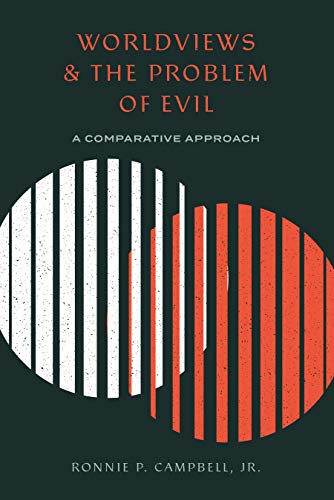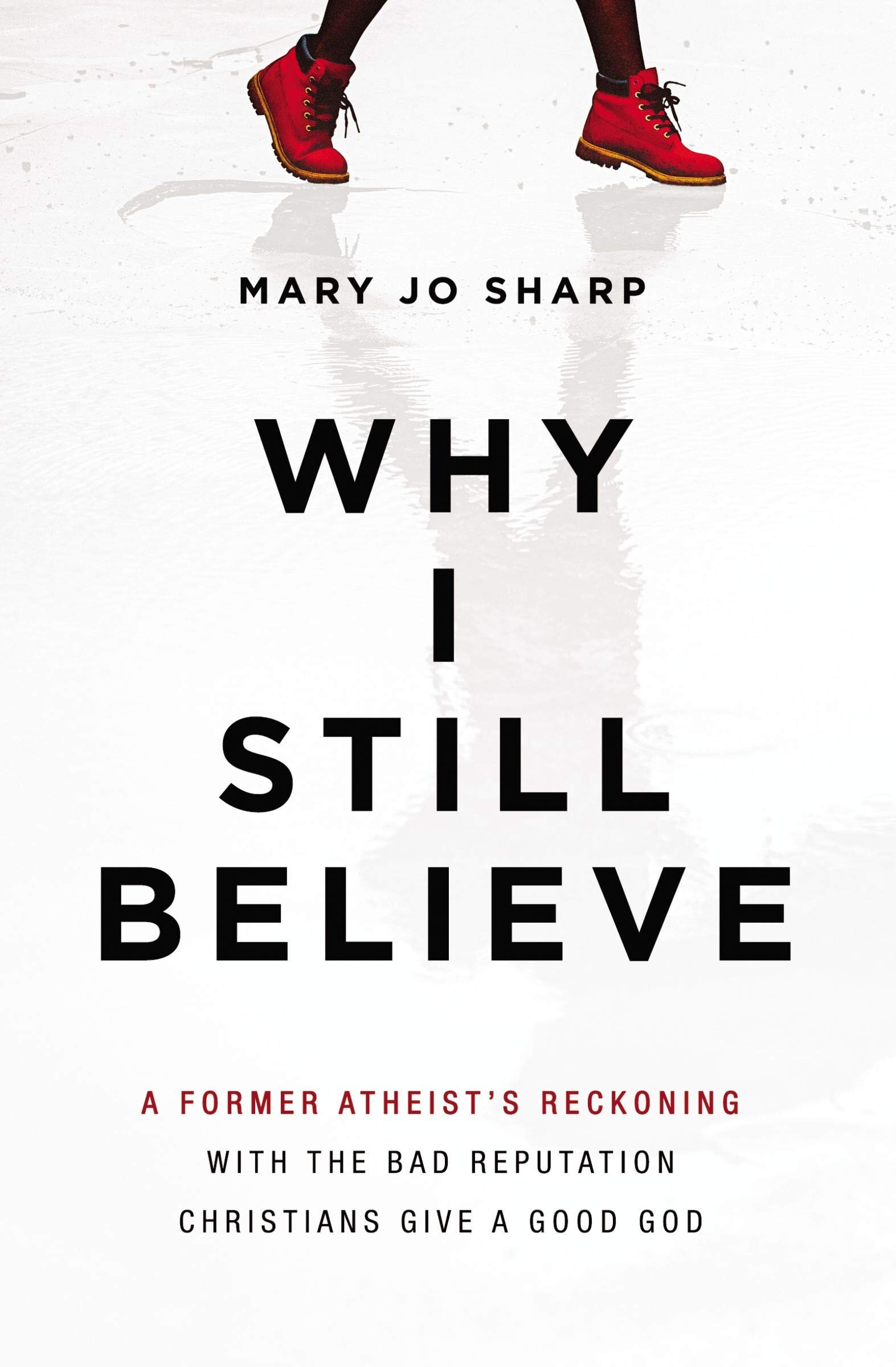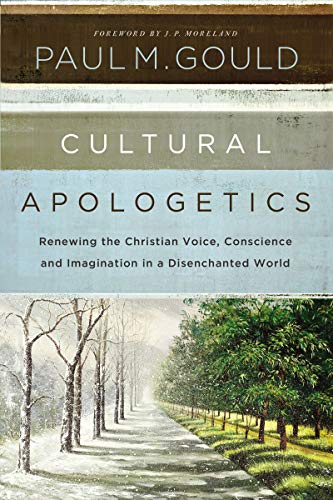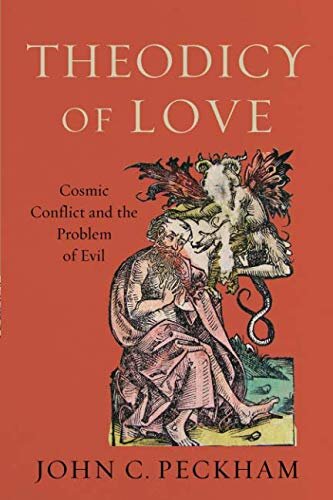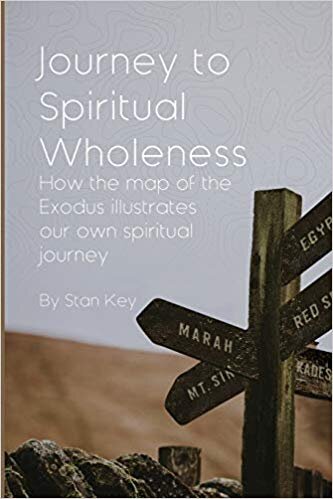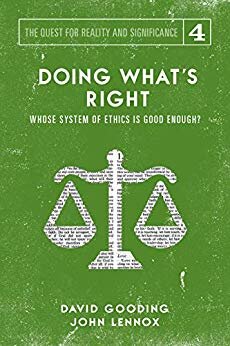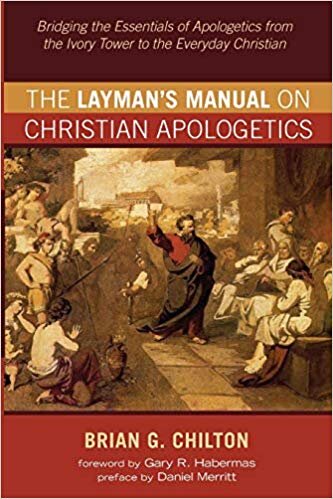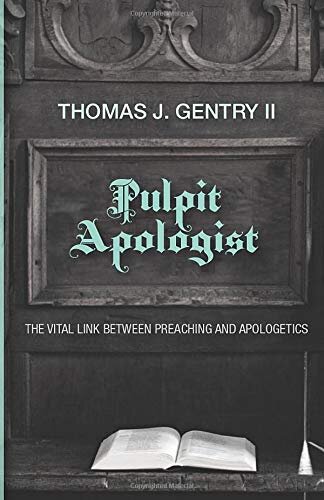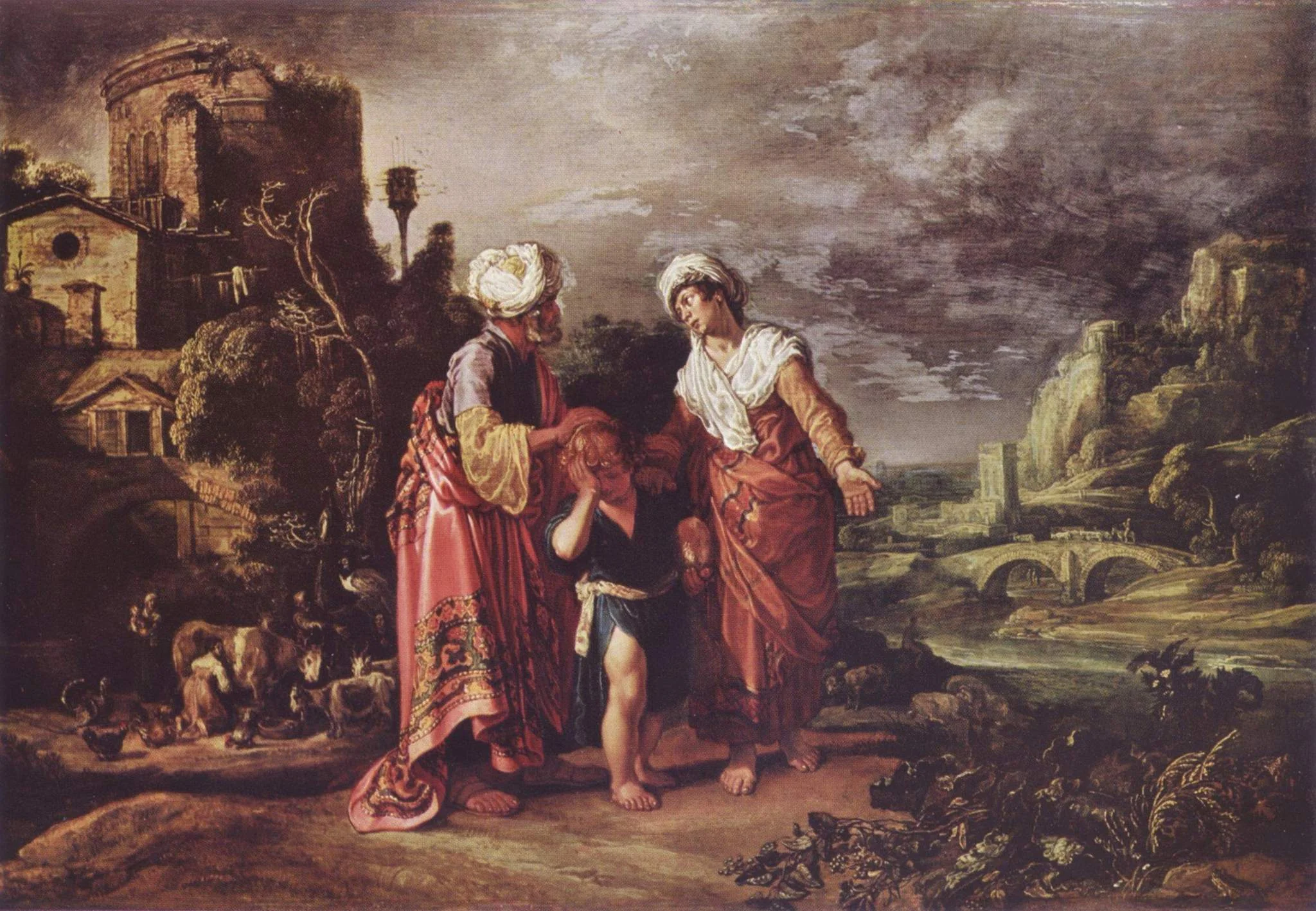What Can Christians Say about the Pandemic? A Response to Rosaria Butterfield
/The coronavirus pandemic has brought fresh fodder to a question many struggle with: how can a good God allow such pain and suffering? Is he really not as good as we thought? Or maybe he’s too weak to prevent it? In the face of such complexities, some abandon belief in God altogether. Others find this problem of evil a stumbling block to belief in the first place. These are pressing questions, and not only on an intellectual level. For many who have lost loved ones or are battling the virus themselves, those out of work or left lonely from social distancing, the answers to these questions mean the difference between hope and despair.
For this reason, I was discouraged to read Rosaria Butterfield’s recent post over at Desiring God, “Can the Pandemic Be an Answered Prayer?” Butterfield most likely didn’t choose the title, but even still, her article answers the question with a resounding yes. In attempting to square the existence of this physical evil with the existence of a good God, Butterfield has unfortunately flattened the distinction between God’s redemptive use of a tragedy and the nature of the tragedy itself. In so doing, she implies that an unmitigated evil is actually an unqualified good.
Many are familiar with Butterfield’s dramatic conversion story, which testifies to the role of hospitality in evangelism. She herself has been intentional to carry on such hospitality in her own ministry. About eight years ago, Butterfield’s family moved into a progressive area so her husband could pastor a church there. The family prayed for service opportunities in the community but made little headway, as no one came to the barbecues or block parties they arranged. Instead, they were met with suspicion and even found a church sign vandalized.
COVID-19 turned all that around. With the food shortages and shelter in place orders, Rosaria and her daughter began delivering food to many of her neighbors on behalf of a local community supported agriculture program. Additionally, their church made its building available as a distribution center. Folks who once turned away from them on the street now welcomed them into their homes and even asked for help and prayer.
I do not doubt Butterfield’s account. The pandemic has certainly made people experience their limited human resources and vulnerabilities in new ways. And it’s a blessing that the family and church stepped up to love and serve them as Christ commands. What troubles me is Butterfield’s suggestion that, for these reasons (and some others she mentions[1]), COVID-19 is something for which we should be thankful, a good gift to us and a means of God glory:
“Giving thanks to God for everything, including COVID-19, humbles us — deeply. It reminds us that God’s providence is perfect and our point of view flawed. Because God is good, just, and wise, all the time and in every circumstance, then COVID-19, for the Christian, must be for our good and for God’s glory.”
There is some truth mingled in with Butterfield’s words here, which makes teasing out her missteps tricky. We are called to be thankful in all circumstances (I Thess. 5:18[2]), and we are surely limited creatures, unaware of the fullness of God’s activity in this world. As Butterfield also notes, God is all good, all knowing, and all powerful. But it does not follow that everything that occurs in this fallen world is in itself good. Moreover, it’s a small, capricious god indeed who requires the suffering of millions in order to be gloried.
Empathy with our suffering neighbors demands that Christians reckon with the problem of evil, not to mention that our own theology will be the poorer for lack of an adequate account. This is always important, but perhaps now during this pandemic more than ever. But as we think this question through, our central convictions about who God is must remain intact. He is a God of infinite love, incarnate in Christ Jesus, and wildly imaginative in his redemptive purposes and plans. God desires our flourishing and invites us to a life of shalom, what Cornelius Plantinga describes as “[t]he webbing together of God, humans, and all creation in justice, fulfillment, and delight.”[3]
Butterfield’s account, on the other hand, offers up a god I don’t recognize in the Christian scriptures, one who inflicts suffering on the global population in answer to a family’s prayer to feel more wanted and useful in their neighborhood by unleashing a pandemic. Again, I rejoice that Butterfield’s family could serve her community and that the pandemic opened the eyes of many to their own insufficiencies and need for grace. But that redemptive twist is the blessing; the love and service in answer to these human needs is God’s good gift, not the pandemic itself.
It’s crucial to make this distinction—otherwise, despite Butterfield’s early protestation, God does get cast as the author or cause of evil. My aim here is not to offer a theodicy, an explanation for why God allows evil. I’ll leave that to others better equipped to do so. Frankly, I have no idea why God permitted the novel coronavirus to unleash such havoc on the world, and any attempt of mine to explain would ring hollow and may even add pain to those already suffering its terrible effects.
What I do know, however, is that none of these sufferings go unnoticed by God. He is el Roi, the God who sees the needy (Gen. 16:13); Jehovah Jireh, our provider (Gen. 22:14). What else is the Bible but an account of God’s attentive and intervening presence in humanity’s sufferings? He neither causes nor desires our fallen condition and its attendant afflictions. To rescue us from it, God enters into that suffering with us, but not for the sake of suffering alone. As Butterfield herself notes, referencing 1 John 5:4, Christ is our promise that all manner of evil let loose in this world—coronavirus included—has been, is being, and will be overcome. The whole of salvation history tells of God’s restorative work, to recreate what he established in Eden.
There are no pat answers in the face of evil. But there is love—a love that won’t let evil have the last word. The cosmos, no less than mankind, is being set right. This redemptive love does involve suffering, but not in the way Butterfield envisions it. It doesn’t cultivate evil to get our attention or enable our ministry. Rather, God’s holy, sacrificial love takes evil with such dreadful seriousness that it requires nothing less than the cross to rectify. Indeed, to equivocate between the evil from which God rescues us and his loving means of rescue, to take one for the other, is ultimately to understand neither.
Marybeth Davis Baggett lives in Lynchburg, Virginia, and teaches English at Houston Baptist University. Having earned her Ph.D. in English from Indiana University of Pennsylvania, Marybeth’s professional interests include literary theory, contemporary American literature, science fiction, and dystopian literature. She also writes and edits for Christ and Pop Culture. Her most recent publication was a chapter called “What Means Utopia to Us? Reconsidering More’s Message,” in Hope and the Longing for Utopia: Futures and Illusions in Theology and the Arts. Marybeth's most recent book is The Morals of the Story: Good News about a Good God, coauthored with her husband, David.
Notes:
[1] Butterfield, whose conversion story involves transitioning from a lesbian lifestyle, also points to the disruption of the annual gay pride march as another reason to be grateful for the coronavirus. This myopic view selectively ignores the manifold repercussions of the pandemic, which of course has disrupted all manner of events—from the holy to the scandalous and everything in between.
[2] Butterfield also references Ephesians 5:20 here, which admonishes Christians to “Giv[e] thanks always for all things to God and the Father in the name of our Lord Jesus Christ.” However, in context, the phrase “for all things,” is best understood as those good gifts God provides, not “in its widest possible extent” to include evil (see the Expositor’s Greek Testament commentary here: https://biblehub.com/commentaries/ephesians/5-20.htm).
[3] Cornelius Plantinga, Jr., Not the Way It’s Supposed to Be: A Breviary of Sin, Grand Rapids, MI: Eerdman’s, 1995, 10.










